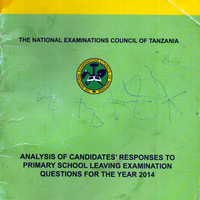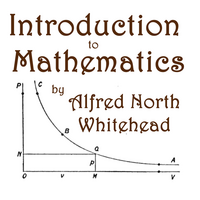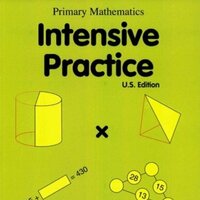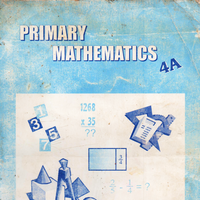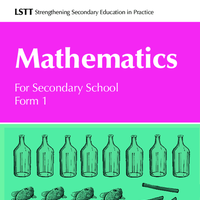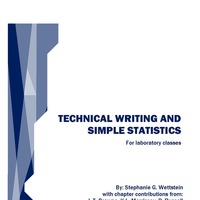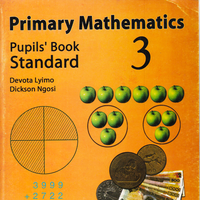Search
Books+
Searching 1,730 books
Search related to the career Actuary
Mathematics for Actuaries
Actuaries require a strong foundation in mathematics to perform their work effectively. Here are some key areas of mathematics that actuaries need to know:
1. Probability Theory and Statistics: Actuaries must have a deep understanding of probability theory and statistical analysis. This includes concepts such as probability distributions, random variables, conditional probability, hypothesis testing, regression analysis, and time series analysis.
2. Calculus: Actuaries need a solid understanding of calculus, including both differential and integral calculus. They use calculus to analyze rates of change, optimize functions, and solve problems related to continuous variables.
3. Financial Mathematics: Actuaries work extensively with financial mathematics, which involves the application of mathematical principles to financial problems. This includes topics such as compound interest, present value calculations, annuities, and the time value of money.
4. Linear Algebra: Actuaries often encounter problems that require the use of linear algebra. They need to understand concepts such as matrices, vectors, systems of linear equations, and eigenvalues/eigenvectors.
5. Mathematical Modeling: Actuaries use mathematical modeling to analyze and solve complex problems. They need to be proficient in constructing mathematical models, interpreting their results, and making appropriate assumptions.
6. Risk Theory: Actuaries deal with risk assessment and management. They need to understand concepts related to risk theory, including risk measures, diversification, portfolio theory, and stochastic processes.
7. Time Value of Money: Actuaries work extensively with the concept of the time value of money. They need to understand how to discount future cash flows, calculate present values, and perform various financial calculations.
8. Data Analysis and Data Science: Actuaries need to be skilled in data analysis and data science techniques. This includes knowledge of data manipulation, data visualization, statistical modeling, machine learning, and predictive analytics.
9. Actuarial Mathematics: Actuaries also need to study specialized topics in actuarial mathematics, such as life contingencies, insurance mathematics, pension mathematics, and actuarial modeling.
These are just some of the key areas of mathematics that actuaries need to know. Actuaries often work in interdisciplinary fields, combining mathematical knowledge with expertise in finance, economics, and risk management to make informed decisions and provide valuable insights.
Source: Various AI tools
Math
Accounting
Books tagged accounting
Test prep
Academic
Books tagged academic
Computer science
Searched in English.
